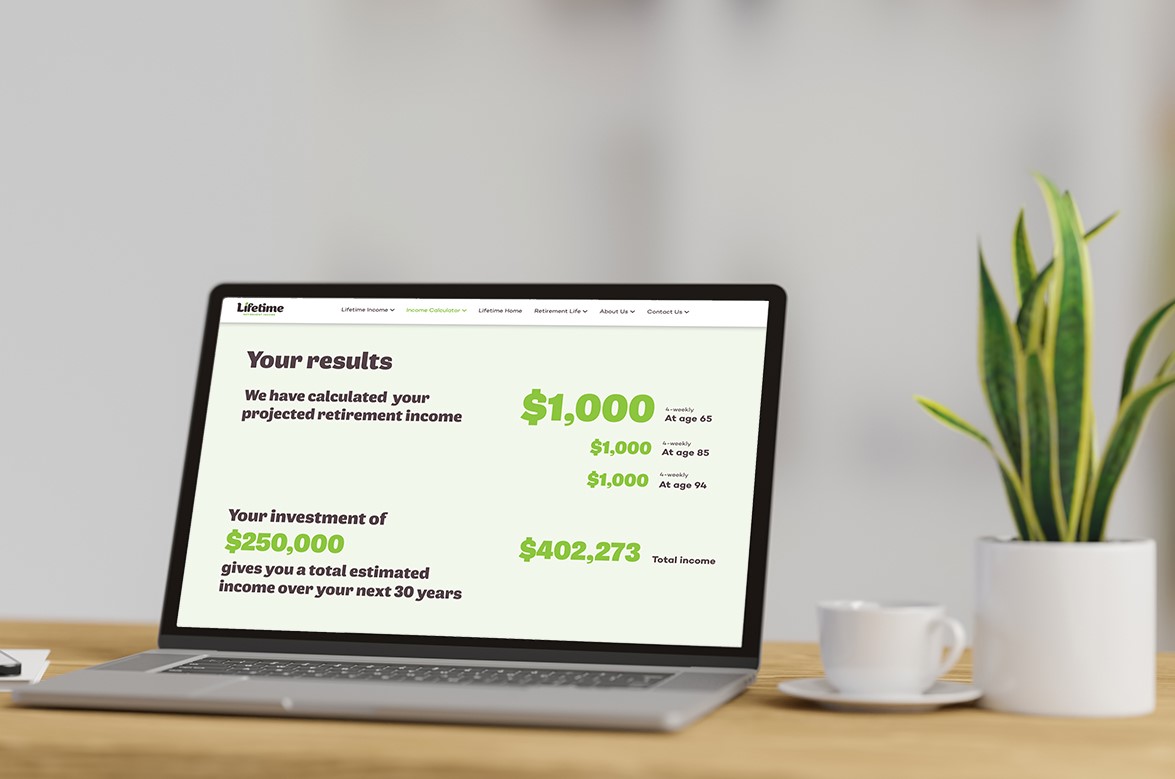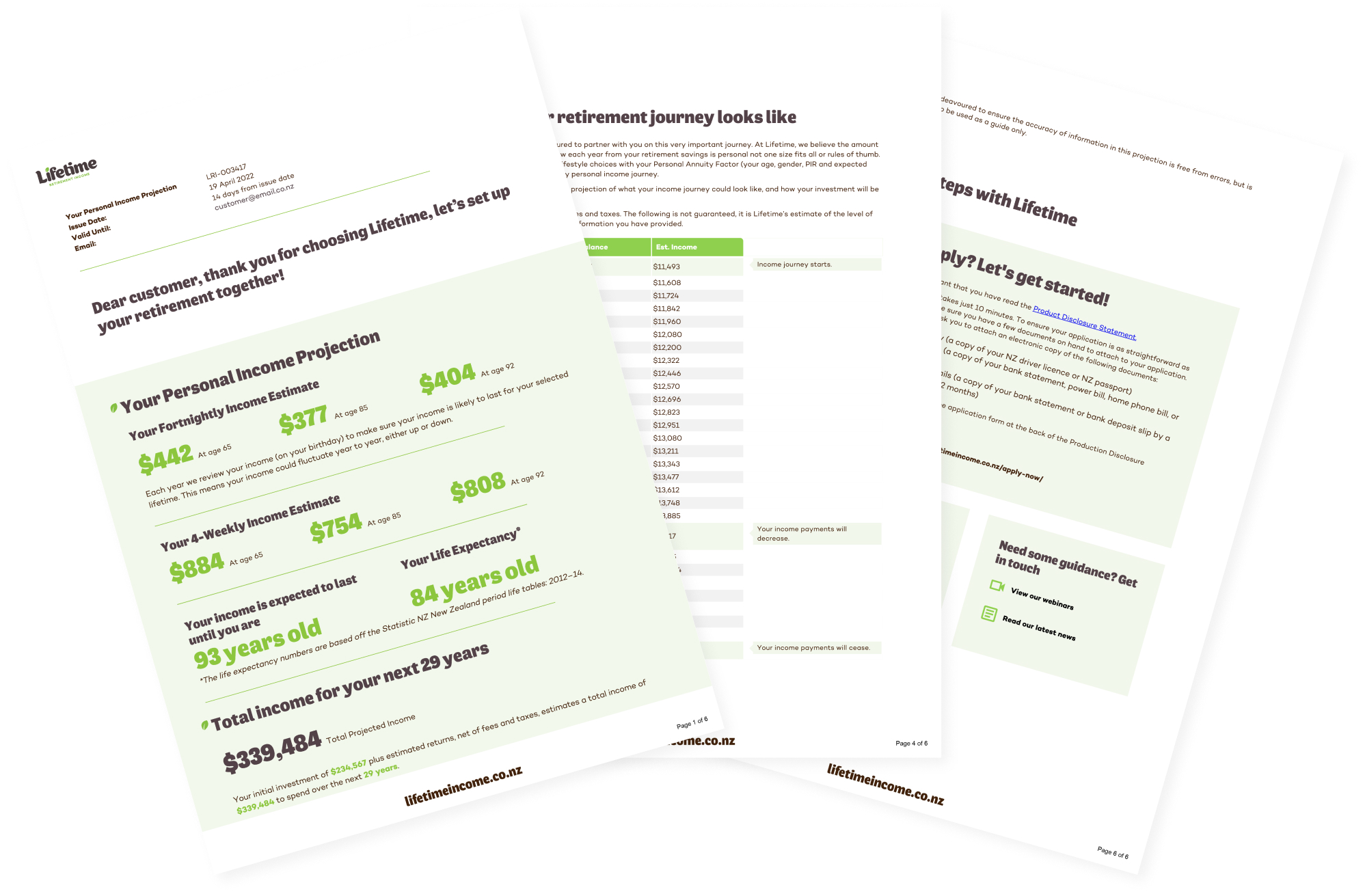Retirement Life
6 November 2024
The Best Time to Retire
There are several times in your life when you need to make a really big decision and one of them is when to retire. It’s a life-changing moment which ranks alongside decisions about your choice of career, who to marry, when to have children and which house to buy. As such, it requires a lot of thought and analysis of the consequences of your choice – unless, of course, you live your life spontaneously.
Deciding when to retire can be quite stressful. There’s a balance to be had between retiring too early and retiring too late. So, when is the best time?
The less-than-rosy reality of retiring early
Retiring early (before the age of 65) is appealing, however it has consequences. Early retirement cuts short the time you have left to save and also lengthens your retirement, putting extra strain on your financial resources.
The difference between retiring at 60 and retiring at 65 will add an extra few hundred thousand to the amount you need to retire. For example, you would need an extra $250,000 to provide an income of around $50,000 a year for five years, given that you would not receive NZ Super for that period.
Adjusting to a new identity as a retiree can be difficult at a younger age. It’s not easy to find yourself amongst a cohort of people with an average age of 75 or more when you’re only 60. These days it’s more common for people to retire later than 65, so finding other retirees of a similar age is challenging. Retiring early requires some forethought about how you want to spend your time and with whom, especially as many of your friends will still be working.
More people are delaying retirement
Retiring after the age of 65 is becoming more popular for several reasons. Many people find themselves with insufficient funds to retire at 65, while others are just not ready to slow down at that age. As life expectancy rises to 90 or more for people who reach 65, some people feel that a retirement of 25 to 30 years is too long. Living longer means more money is required to fund retirement. On the other hand, leaving it too long carries the risk that your ability to enjoy retirement might be curtailed by health problems or even premature death.
Calculate what you could draw in retirement.

Plan ahead
What’s the answer? Decide on a time when you will have the choice to retire or not. Planning ahead allows you to work out how much money you’ll need if you retire at that time and to start building friendships and pastimes that fill your days with enjoyment. Once you reach your planned retirement date, you can always choose to keep working, which will allow you to have a higher level of retirement income than planned as you won’t need to start drawing on your savings as soon.
A helpful checklist
The key aspects to consider when planning your retirement are:
1. What your lifespan may be, based on family genetics and your overall state of health.
2. What your healthspan might be – that is, the length of time during which you will enjoy good health so that you can make the most of your retirement.
3. How easy it would be to keep working after the age of 65, especially considering the state of your health, the prevalence of age discrimination in the workplace, and your ability to keep up technically and physically with the kind of work you do.

4. The kind of lifestyle you want in retirement. A lavish lifestyle with lots of overseas travel is going to require a considerably bigger nest egg than a frugal one.
5. Where you plan to live. Living in a city requires a much bigger budget than living in a small town or a rural area.
6. The extent to which you are willing to run down your retirement capital. The more willing you are to do this, the less retirement capital you’ll need.
7. Whether you are single or a couple – retirement costs per person are higher for single people.
8. If you are a couple, how different are your respective life and healthspans. If large, you might choose to base your retirement plans on the partner with the shortest life or healthspan.
As you can see, the best time to retire largely depends on your personal circumstances and preferences. Life is uncertain so it will always be hard to pick the optimum time to retire, however you can increase your chances of getting it right by planning ahead.

Project your retirement income.
Invest with Lifetime for a retirement income managed for living.
